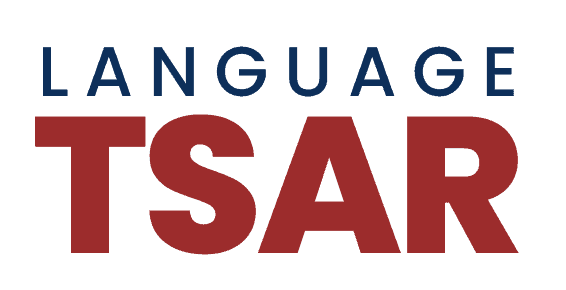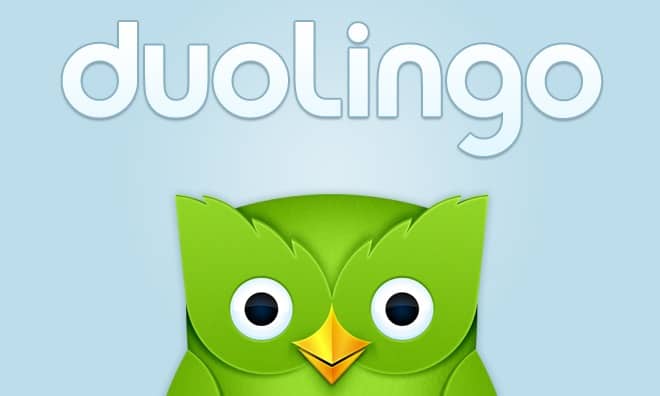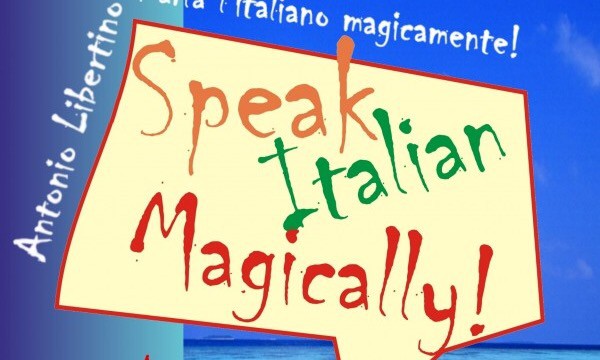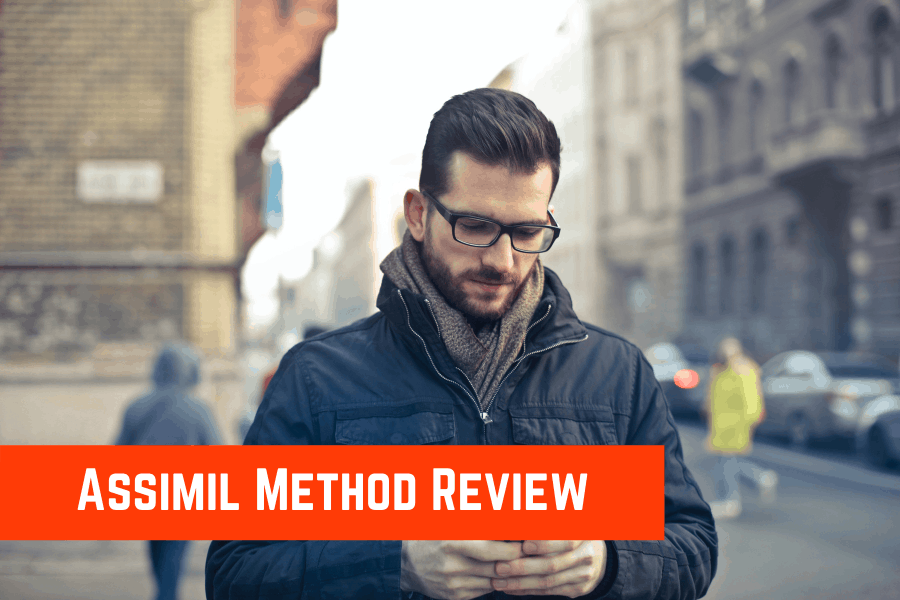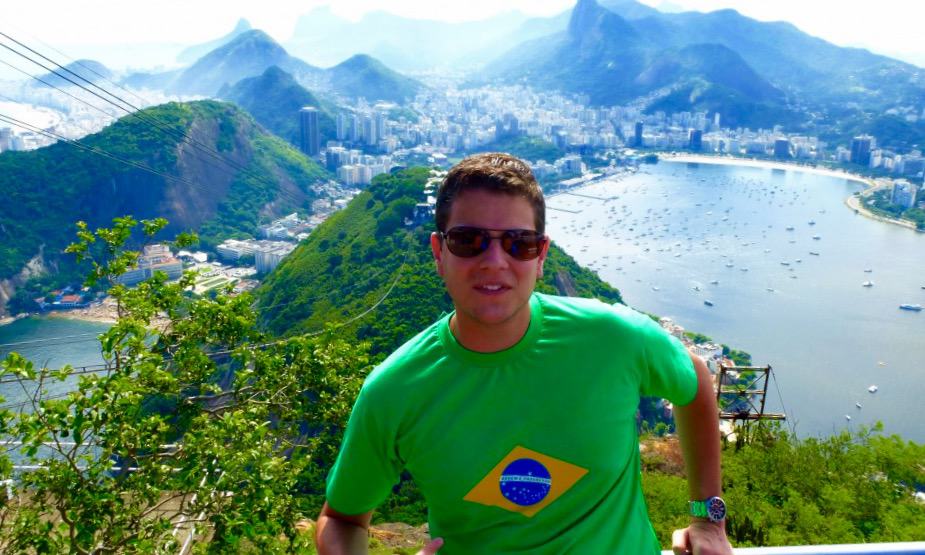Português do Brasil e Português de Portugal: as diferenças e semelhanças?
Guest Post de Fernando Saraiva Resposta rápida: não, eles não são a mesma coisa. E provavelmente sua primeira pergunta depois de ler isso é: por quê? Resposta rápida: Porque inglês americano e inglês britânico também não são a mesma coisa. Há basicamente duas razões para isso, além da mutação natural das línguas: isolamento geográfico e […]
Português do Brasil e Português de Portugal: as diferenças e semelhanças? Read More »

